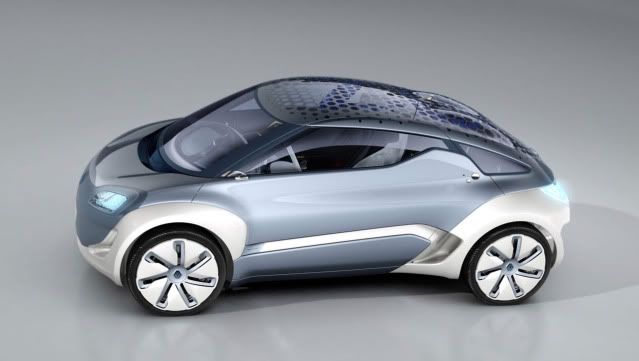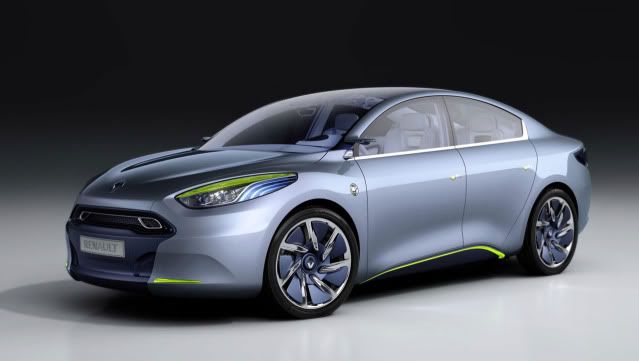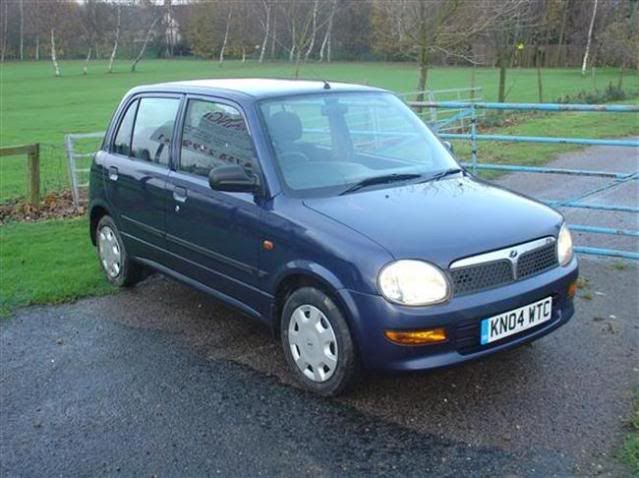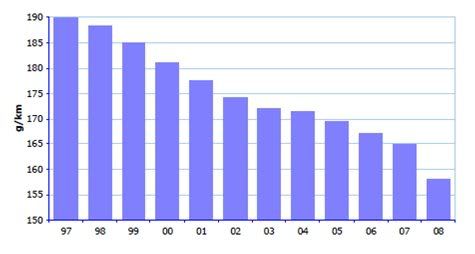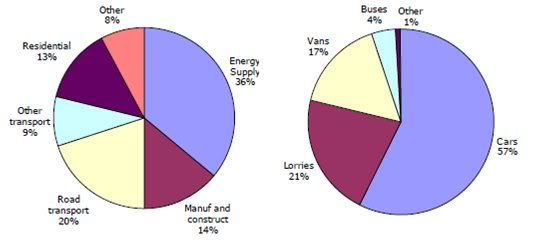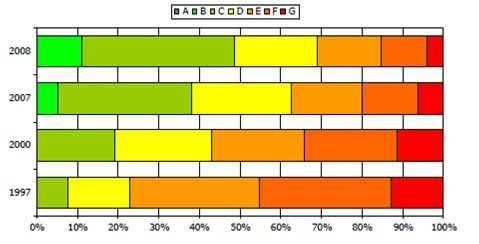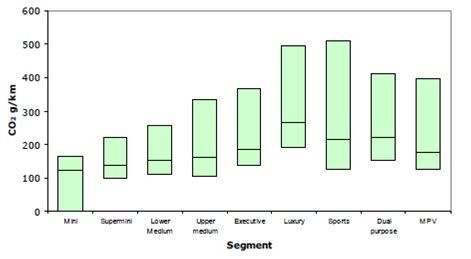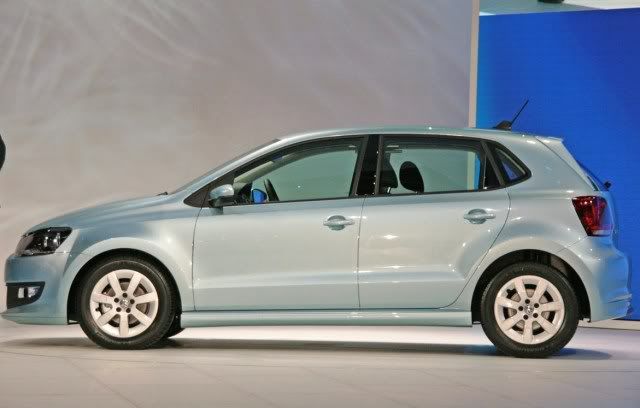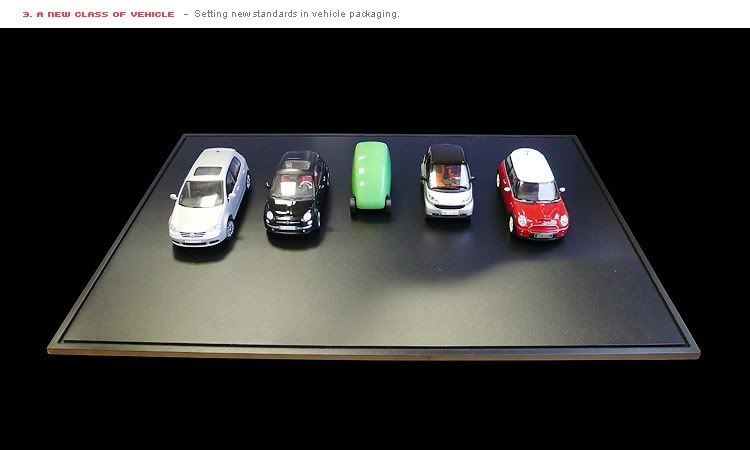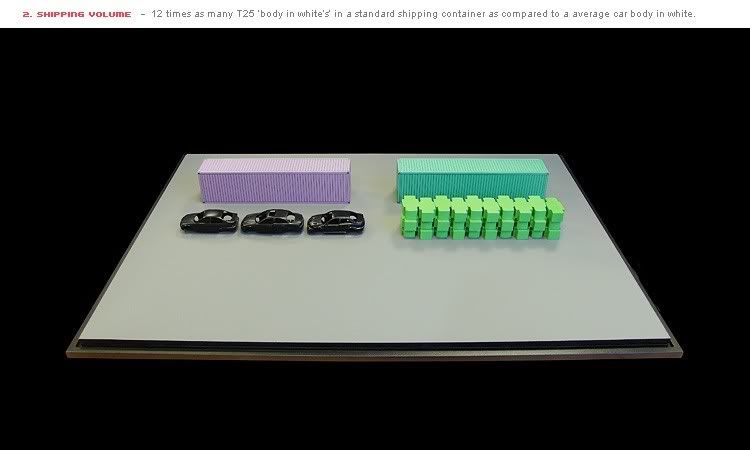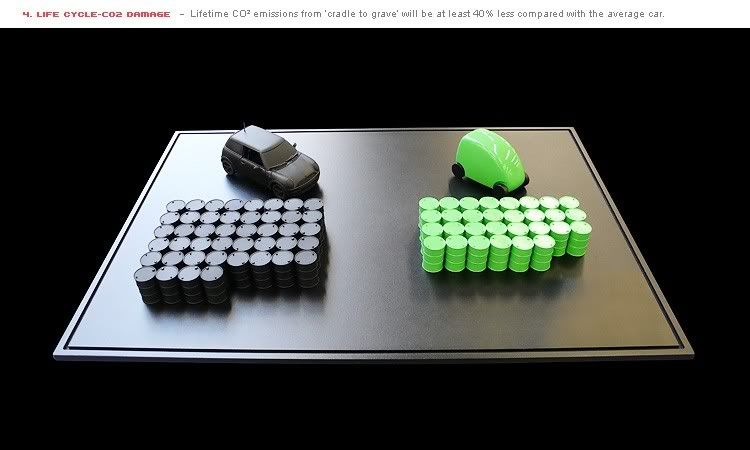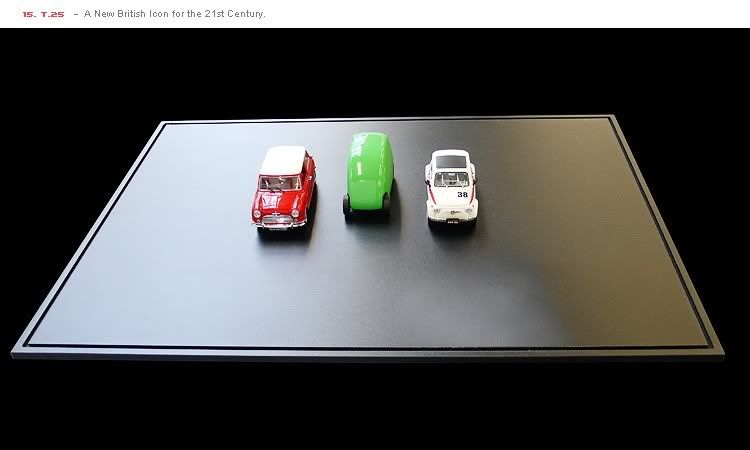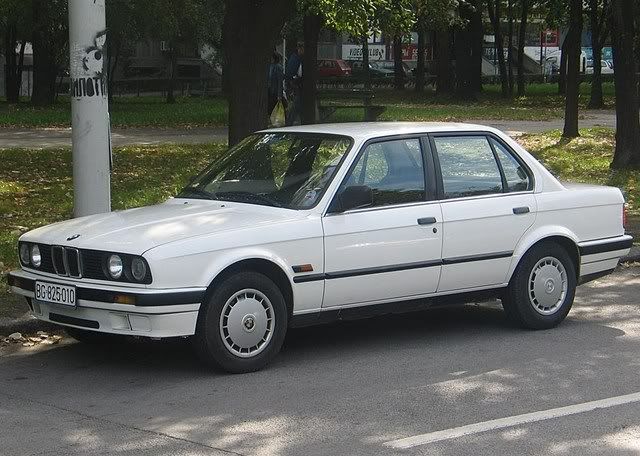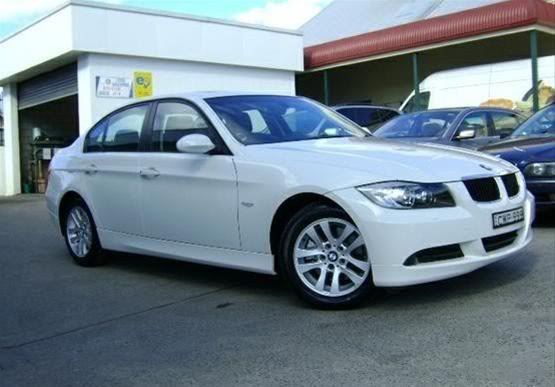A while back I wrote about the RAC's suggestion that
cars over 18 years old should be scrapped. I was a bit worried about this, as a body such as the RAC is respected enough that even the government might listen to it on occasion. Since then I haven't heard anything further on that particular plan, but what you might well have noticed in the UK more recently is the government's plan to offer £2000 towards a brand new car if you're trading in one more than 10 years old. The ten year old car will then be scrapped - as
naturally, it's going to be more polluting than something brand new. In theory.
As I pointed out in my last story, the figure that the government always goes on is the CO2 figure. A useful figure, undoubtably, and we all want to do our bit to reduce CO2. But then it's not really a relevant figure for judging anything, because it's more or less directly correlated to fuel consumption, a figure that we've been using as a yardstick for years. And lets not forget, we already get taxed according to how much fuel we use in a very natural way - the more fuel we put in our cars, the more we pay in tax. The current taxation based on CO2 is basically a second fuel tax, only less fairly applied as it's indiscriminate as to how much a car is used. It's perhaps unfair for a Ferrari owner who does 1000 miles a year to pay a vast amount on road tax, when someone in a "green" Prius might do 20,000 miles a year and pay nothing under the current rules.
Anyway, I digress - I should be talking about the new scrappage scheme. On the face of it, all appears well. You trade in your ten year old banger, and the government and the manufacturer each give you £1000 towards your new car.
Anyone else spotted the deliberate mistake yet? If you're driving around in a £2000 "banger", what is the likelihood you're financially in a position to buy a brand new car, even with a couple of grand lining your pockets? The cheapest new car on sale in the UK at the moment is the
Perodua Kelisa which starts at about £4600. Incredible value undoubtably but very possibly worse than virtually any ten year old car worth about £2000. I recently drove an 11 year old Honda Civic 1.5 VTEC, which uses lean burn technology to achieve a very respectable 44mpg on the combined cycle, and still offers good performance, unquestionable reliability and a large dealer network, yet second hand costs around a grand. Even if you were then loony enough to want to trade this in for a Kelisa, you'd still have to find an extra £2600 from somewhere. So you'd then take out a loan, which is exactly what put us in the economic mess we're currently facing in the first place.
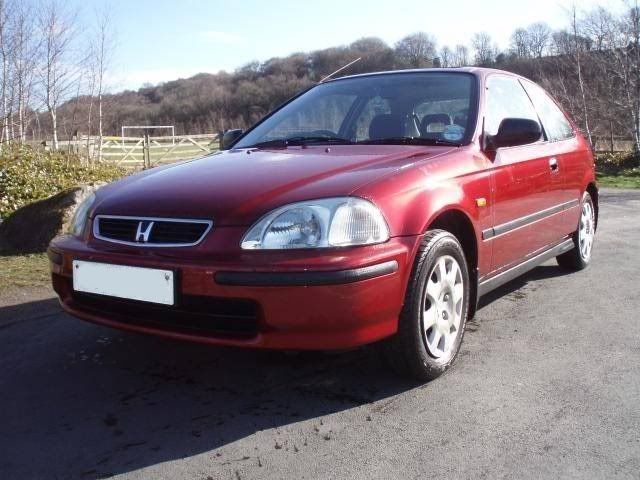
Would you trade Civic for Kenari? Are you reading this from a padded cell? (Perodua image: Parker's) And remember, that's if you wanted the very cheapest new car on sale. Unless you've been saving like a magpie for the last five years and are vaguely financially secure (and yet somehow still manage to have a 10+ year old car instead of a newish one anyway), then I really can't see how the cashback offer is going to benefit many people. The gulf is even greater if you want to trade that ten year old BMW compact for a shiny new 1-series (even with
the additional £1260 BMW are offering on a 116i Sport), or even a rusty old Clio for a brand new airconditioned one that's safer than houses. Manufacturer participation is optional, and some have declined to take part reasoning that it will offer neither themselves nor their potential customers any benefit.
I only hope the sceme will be useful to those who really
can benefit from it before the whole thing is declared a massive failure and pulled. Hopefully in the meantime it won't take too many of the
good decade-old cars off the road like the Civic above, because for some of us, those are the cars we can actually afford.
If you
do want to read more about the scrappage scheme, there's a useful FAQ here:
http://www.ukscrappage.co.uk/
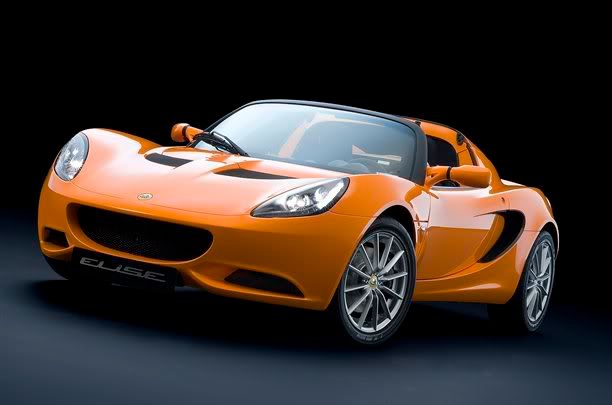 That new engine is a VVTi Toyota powerplant similar to those currently used in the Elise, but in a new 1.6 litre displacement. The new motor will power the basic Elise S model, and reduces emissions to 155g/km of CO2. As a conservative estimate, fuel economy should be in the early forties mpg, yet coupled to a new close-ratio six-speed gearbox, performance even from the basic 1.6 should be as impressive as ever.
That new engine is a VVTi Toyota powerplant similar to those currently used in the Elise, but in a new 1.6 litre displacement. The new motor will power the basic Elise S model, and reduces emissions to 155g/km of CO2. As a conservative estimate, fuel economy should be in the early forties mpg, yet coupled to a new close-ratio six-speed gearbox, performance even from the basic 1.6 should be as impressive as ever.